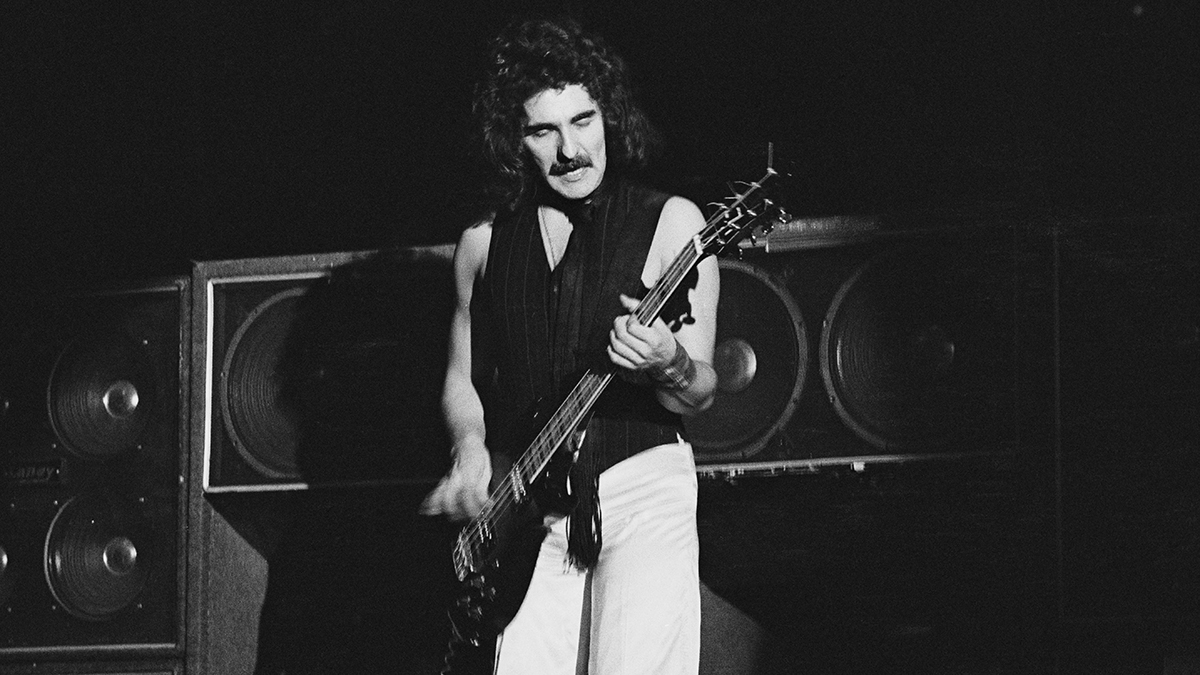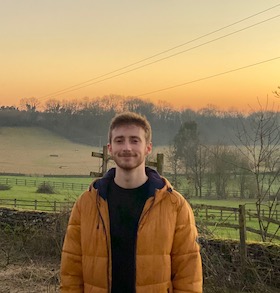“We used to boil all our strings so all the crap would come off them. We couldn’t afford to buy new strings”: Geezer Butler explains how Black Sabbath managed to make ends meet as emerging heavy metal pioneers
Before they made a name for themselves, Sabbath were forced to save cash any way they could – and Butler’s bass strings took the hit

Having quite literally pioneered heavy metal, Black Sabbath are one of the most influential bands to ever make music. However, as is the case for many groups, their journey to the top wasn’t an easy ride, and the band was plagued by severe financial struggles in their early days.
Geezer Butler joined Matt Pinfield on New and Improved to discuss such hurdles, and revealed some of the lengths Sabbath had to go to in order to operate – one of which involved reusing old battered bass guitar strings.
"In those days, I couldn't afford a set of strings, so I'd play the same strings for about six months until they were completely worn out,” he explains. “And then, what we used to do is boil all our strings, so all the crap would come off them, and they'd sound almost new again.
“And that was the way we did it because we couldn't afford to buy new strings."
Such monetary struggles filtered into the recording of their debut album, which they had to piece together in just two days in order to remain within their already tight budget.
“We had two days in the studio because you only had £500 to make the album, which is like $700. And so, the only way we could do it is just to play live.
“It was recorded straight away as a live album on day one. And then, the next day, we did some vocal overdubs, and Tony did some guitar overdubs, fixed a few things, and that was it.”
Get The Pick Newsletter
All the latest guitar news, interviews, lessons, reviews, deals and more, direct to your inbox!
Elsewhere in the interview, Butler also touched on a particularly pivotal point in Sabbath’s history, which involved Tony Iommi and a failed Jethro Tull try-out.
As Butler explains, Iommi was once scouted by Jethro Tull’s Ian Anderson while the two groups played a gig together. Iommi was invited to join Jethro, but the link-up didn’t last long.
“It was the best thing that happened to us,” Butler goes on, “because he went down to London, rehearsed with them for a week and said ‘I’m not going to do this. Ian’s trying to tell me what to play and only I know how I’m going to play’.
“He came back and said ‘Look, to be like Jethro Tull we’ve got to write our own music and take everything really seriously from now on.’”
A few weeks ago, Butler revealed that plans for one final Black Sabbath show are afoot, and Ozzy Osbourne has already been brought onboard.

Matt is the GuitarWorld.com News Editor. He has a Masters in the guitar, a degree in history, and has spent the last 16 years playing everything from blues and jazz to indie and pop. When he’s not combining his passion for writing and music during his day job, Matt records for a number of UK-based bands and songwriters as a session musician.
“The main acoustic is a $100 Fender – the strings were super-old and dusty. We hate new strings!” Meet Great Grandpa, the unpredictable indie rockers making epic anthems with cheap acoustics – and recording guitars like a Queens of the Stone Age drummer
“You can almost hear the music in your head when looking at these photos”: How legendary photographer Jim Marshall captured the essence of the Grateful Dead and documented the rise of the ultimate jam band










